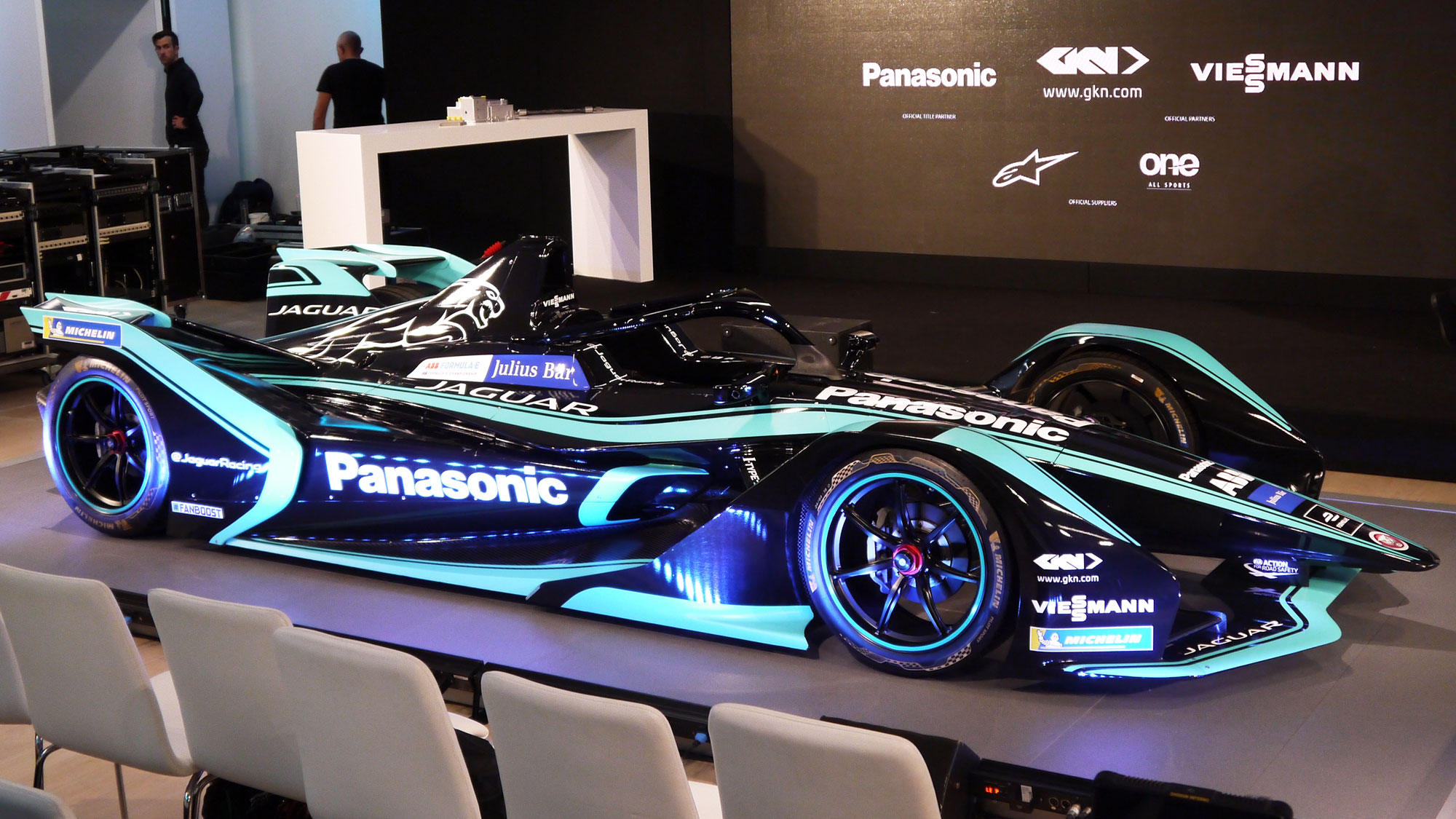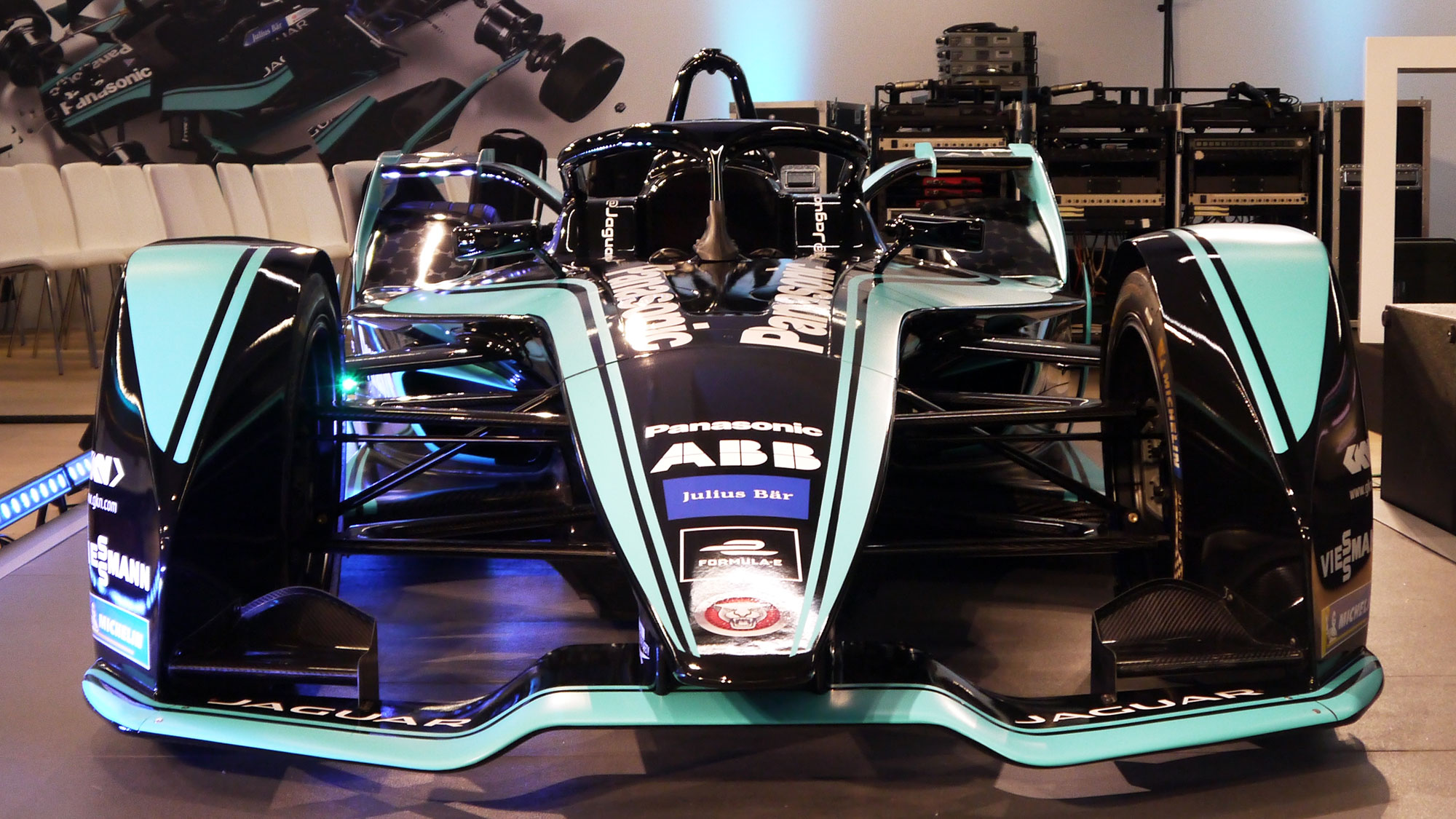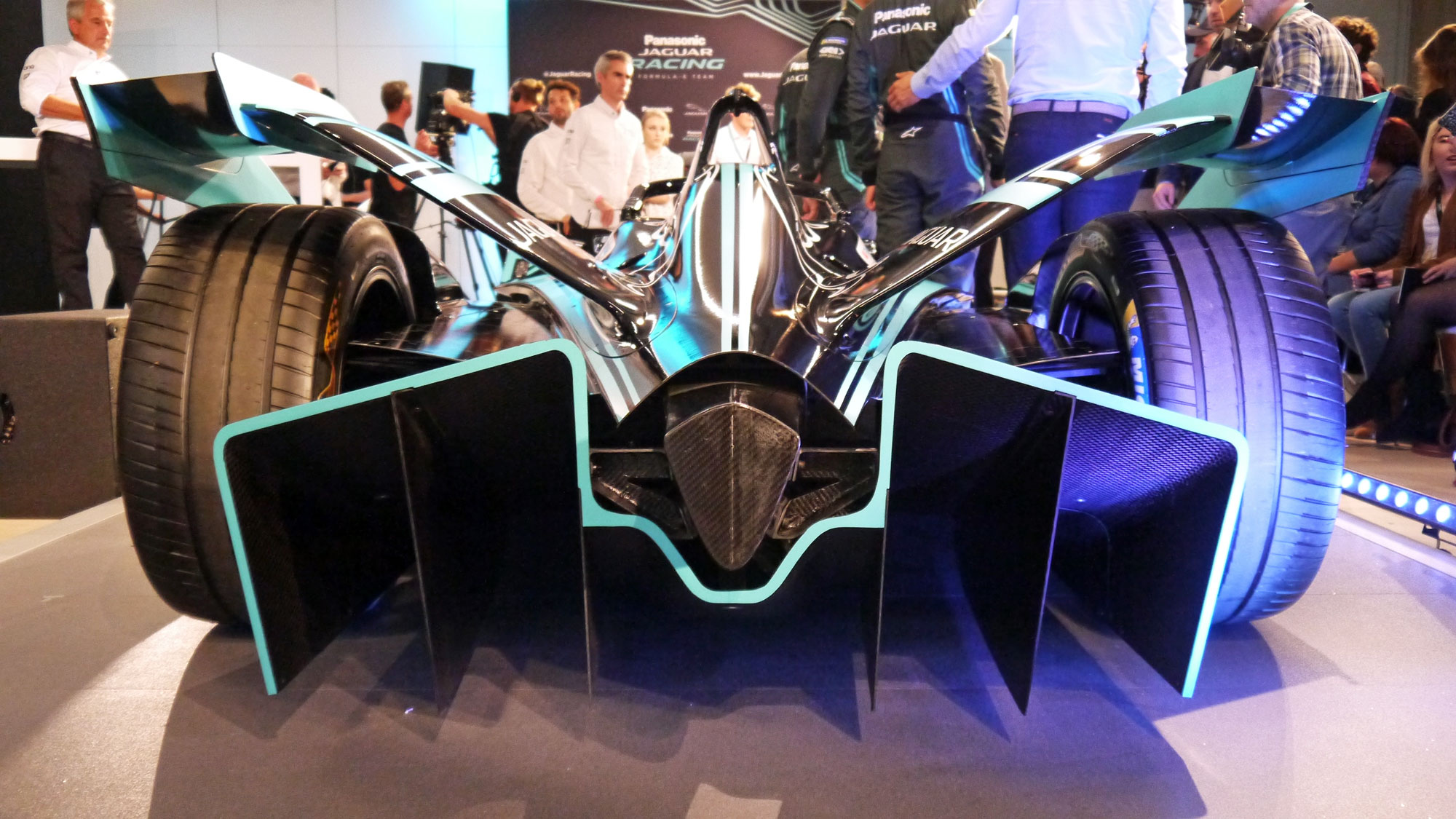Jaguar's I-Type 3 Formula E race car is a good sign for your future electric vehicle
Faster and longer lasting

Season five of the Formula E race series kicks off this December, and the 11 teams involved in the sport are busy unveiling their new cars.
With their arrival comes good news for the electric vehicles we'll be driving in the coming years.
The fifth season of Formula E is shaking things up. It's moving from a set number of laps format to a timed race, which means cars will race for 45 minutes with no limit on the number of laps in that period.
As well as that, the sport is finally ditching its two-car approach, where drivers had to physically swap cars halfway through a race as the batteries inside them couldn’t last the full distance.
When the sport was launched five years ago it promised the two-car approach would be phased out and that has now come to fruition.
While that's great news for race fans, it also signals another significant step forward for electric vehicles in general.





Driving faster for longer
Great strides have been made to make the battery and power train more efficient. Jaguar Racing says it's managed to increase power by 25% (the 0-100kph time is now just 2.8 seconds), while a new battery provides a huge 85% more usable energy over last season's I-Type car, all without any increase in weight.
Sign up for breaking news, reviews, opinion, top tech deals, and more.
In short, the gains here means the cars can drive faster for a longer period of time.
The technological advances made here will filter down to electric road cars in the coming years, making them more practical and hopefully, more attractive to consumers.
There's an even clearer link between all-electric racing and all-electric road cars with the introduction of the Jaguar I-Pace Trophy support race.
The series will run alongside the Formula E races, and it uses the Jaguar I-Pace road car - the same platform, power train and batteries.
Formula E is going to continue to provide an aggressive environment for the development of electric vehicles over the next few years, with the breakthroughs achieved here filtering down to the cars we buy.

TechRadar's former Global Managing Editor, John has been a technology journalist for more than a decade, and over the years has built up a vast knowledge of the tech industry. He’s interviewed CEOs from some of the world’s biggest tech firms, visited their HQs, and appeared on live TV and radio, including Sky News, BBC News, BBC World News, Al Jazeera, LBC, and BBC Radio 4.